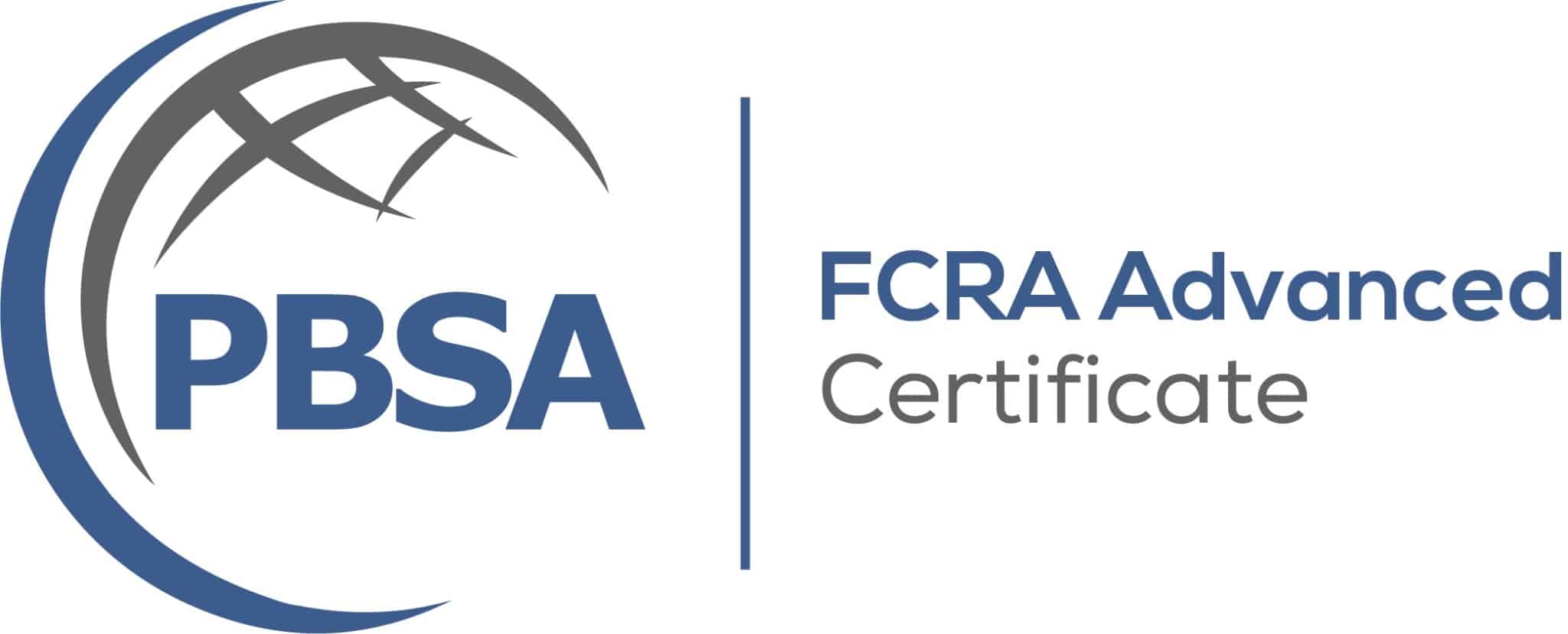
Adjudication
Employers use adjudication to determine whether a candidate passes or fails based on company standards.
Compliance note
- Adjudication must be performed consistently and in compliance with the Fair Credit Reporting Act (FCRA).
- Employers should also consider EEOC guidance when making decisions.
Related terms
Authoritative source
Frequently Asked Questions
Q: What does adjudication mean in the hiring process?
A: Adjudication is the step where background check results are compared against your company’s hiring criteria. It helps determine if an applicant meets the standards you’ve set for employment, while ensuring decisions are made consistently.
Q: Who is responsible for adjudicating background check results?
A: Adjudication is typically performed by the employer or HR team, not the screening provider. The employer applies their own policies, industry regulations, and compliance requirements (such as FCRA and EEOC guidance) when reviewing results.
Q: Why is consistent adjudication important?
A: Consistent adjudication helps protect your company from compliance risks and claims of unfair hiring practices. Applying the same criteria to all candidates ensures fair treatment and supports legal compliance.
DISCLAIMER: The information provided in this glossary is for general informational purposes only and should not be construed as legal advice. While we strive for accuracy, EDIFY Background Screening does not guarantee that the definitions or explanations are complete, up to date, or error-free. Employers should always consult with competent legal counsel to ensure compliance with applicable laws and regulations.
Stay Updated with EDIFY Insights Newsletter
Get compliance tips, background screening updates, and HR best practices delivered straight to your inbox.





